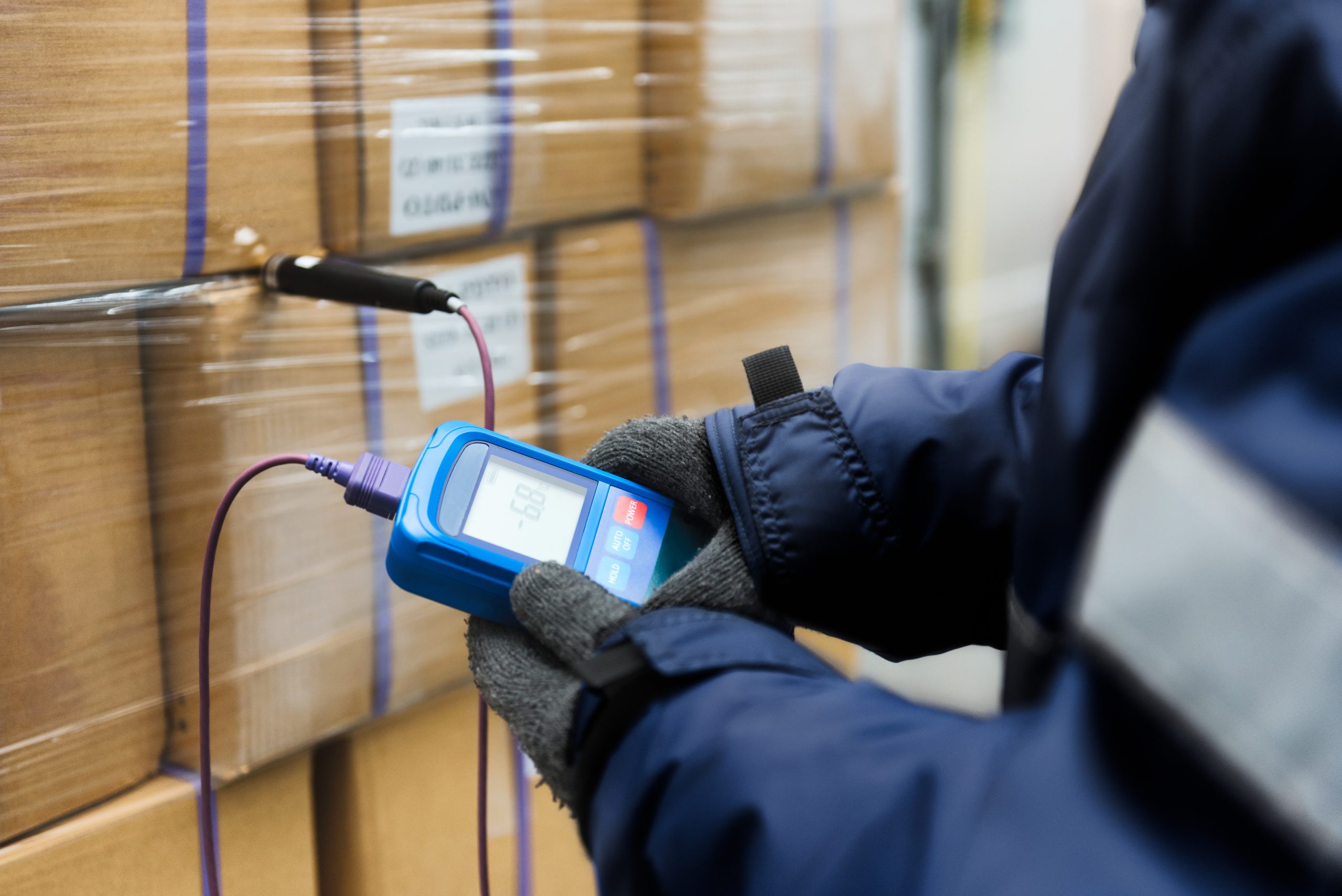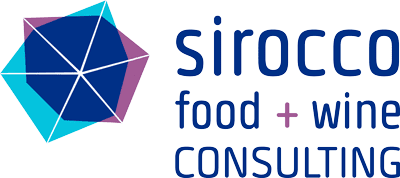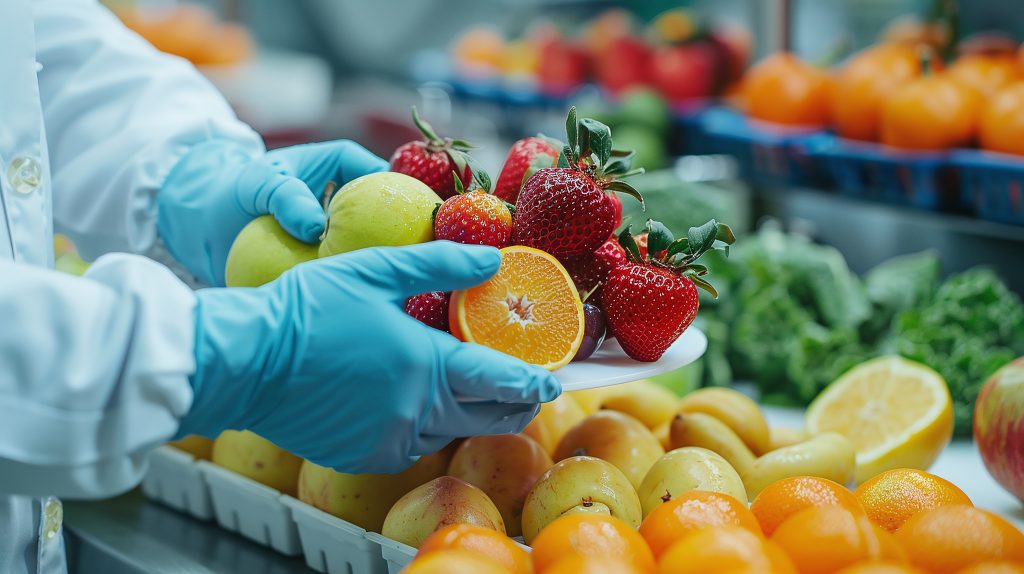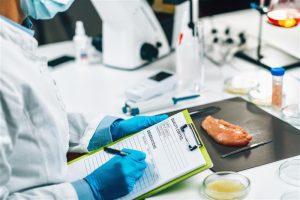The SQF certification code was originally developed in Australia in 1994 as an agricultural standard. Since that time, the code has been acquired and managed by the SQF Institute (SQFI), a branch of the Food Industry Association based in of Arlington, Virginia, USA. “SQF 2000” was the first SQF code to be benchmarked to the Global Food Safety Initiative’s (GFSI) benchmarking requirements in 2004.
SQF certification is popular in North America and sought after in Australia and New Zealand, and gaining popularity in South America, Asia and Europe. Currently, 14,000 certificates are issued annually around the world. The following are answers, tips and resources to the most searched SQF certification-related questions on the internet.
What does SQF stand for?
The acronym stands for Safe Quality Food. SQF is an industry certification scheme which is recognized internationally and requires annual audits, some of them unannounced. It supports food safety, quality and regulatory compliance across national and international supply chains.
Like other similar schemes (think BRCGS and IFS), the SQF certification is recognized by GFSI to meet global standards for food safety management systems. One specificity of SQF is that it offers codes of good practices for on-farm and post farm activities. Therefore, primary producers, manufacturers and businesses working in Logistics can seek SQF certification.
Why do I need SQF certification?
 Obtaining SQF certification (or SQF “accreditation”) is one way to demonstrate compliance to regulatory and industry standards in your industry. Obtaining an SQF accreditation satisfies the requirements of international and national customers such as large food retailers, restaurant chains and manufacturers.
Obtaining SQF certification (or SQF “accreditation”) is one way to demonstrate compliance to regulatory and industry standards in your industry. Obtaining an SQF accreditation satisfies the requirements of international and national customers such as large food retailers, restaurant chains and manufacturers.
SQF is also a recognized brand which communicates important values to customers such as the importance of the food safety culture to support human health. It gives consumers the assurance that they purchase brands that value them and operate under strict manufacturing standards. This allows consumers to trust and make educated choices when reading food labels.
What is the difference between HACCP and SQF?
The principles of HACCP are at the core of all food safety regulations and other food manufacturing standards in developed countries. The SQF code requires that a HACCP plan be maintained to obtain SQF certification. HACCP is an internationally recognized food safety management system.
HACCP guidelines were originally published by the World Health Organization/Food & Agriculture Organization in 1969 through the Codex Alimentarius Commission.
What are the three principles of SQF?
As per the Food Safety Code – Food Manufacturing (2021), “A site’s achievement of SQF food safety certification indicates a commitment to:
1. Produce safe, quality food.
2. Comply with the requirements of the SQF Code.
3. Comply with applicable food legislation.”
In addition, “SQFI Vision [is] to be the single most trusted source for global food safety and quality certification. [SQFI’s] mission is to deliver consistent, globally recognized food safety and quality certification programs based on sound scientific principles, applied across all industry sectors and valued by all stakeholders.”
How many levels of SQF are there?
1 SQF Fundamentals
The SQF Fundamentals Program caters to small companies and startups looking to become certified. It offers a lighter yet robust program to ensure food safety. Requirements include a HACCP plan and a number of critical pre-requisite programs such as:
- Product specifications
- Facility construction & maintenance
- Sanitation
- Personal hygiene & cross-contamination
- Approved suppliers
- Product identification & traceability
- Internal audit plan
While this level of compliance is not GFSI-benchmarked, it does offer an opportunity to reach a desirable level of food safety compliance which allows businesses to attain HACCP certification and later seek their SQF certification targets.
2 Food Safety Certification
The SQF accredited level can be sought by food manufacturers and warehouses which maintain a HACCP plan and robust pre-requisite programs. We advise companies to be HACCP audited first, then opt for SQF certification. For startups and small businesses, the learning curve is steep. Maintaining a food safety management system can be challenging.
3 Quality Certification
Companies that already maintain an SQF certification can become certified to the Quality level, previously referred to as Level 3. This program requires a Quality Plan which employs the HACCP methodology. It is the highest level of SQF compliance that a site can reach.
What is the role of the SQF practitioner?
 The job description of the two practitioners (lead and back up) is found in the SQF code under the System Elements (See 2.1.1.4 and 2.1.1.5):
The job description of the two practitioners (lead and back up) is found in the SQF code under the System Elements (See 2.1.1.4 and 2.1.1.5):
2.1.1.4 Senior site management shall designate a primary and substitute SQF practitioner for each site with responsibility and authority to:
i. Oversee the development, implementation, review, and maintenance of the SQF System;
ii. Take appropriate action to ensure the integrity of the SQF System; and
iii. Communicate to relevant personnel all information essential to ensure the effective implementation and maintenance of the SQF System.
2.1.1.5 The primary and substitute SQF practitioner shall:
i. Be employed by the site;
ii. Hold a position of responsibility related to the management of the site’s SQF System;
iii. Have completed a HACCP training course;
iv. Be competent to implement and maintain HACCP based food safety plans; and
v. Have an understanding of the SQF Food Safety Code: Food Manufacturing and the requirements to implement and maintain an SQF System relevant to the site’s scope of certification.
In plain English, the practitioners are project managers and liaise between the floor and upper management to maintain SQF certification expectations: successful SQF audits, safe and quality food, legal compliance and customer specifications. They are required to review performance metrics regularly (generally daily, weekly, monthly, quarterly and annually) to ensure that the code is followed, and adequate record-keeping is maintained. Practitioners are often members of Production or Quality departments and work as document and record controllers. They play an important role in overseeing processes such as CAPA, internal auditing and the management review.
How much does it cost to get SQF certified?
SQF is a significant commitment of time and financial resources. Designating the right team is critical. Audit costs are significant, especially if businesses are not audit ready. Surveillance audits increase the cost of not doing things right the first time.
We have successfully helped a number of small businesses achieve SQF certification such as Texas-based Aegle nutrition LLC. With a dedicated management team of about 8 employees, Aegle Nutrition LLC was able to achieve and maintain their food safety certification.
We recommend a budget of $10,000 to prepare and obtain SQF accreditation.
What are the requirements for SQF certification?
In order to attain SQF certification, you first need to demonstrate that you have attained HACCP certification. A strong team must maintain a food safety plan (HACCP) and site programs to ensure product and process specifications are met.
The quickest way to learn how to implement SQF or HACCP is to take a HACCP or SQF course and purchase a manual of generic procedures written by a certified professional. You can also go the digital route and sign up for a food safety software subscription. We collaborate with Provision Food Safety in Calgary. See our case study with Greekhouse Food Limited in Kelowna, BC, Canada.
How much does it cost to develop a HACCP plan?
HACCP plans are required by law, so they are part of the cost of working in the food industry. There are lots of open-source resources on the internet that can be used by industry professionals with knowledge and experience of food science and food safety. If working with a certified food safety professional, a simple HACCP plan that would be suitable for HACCP or SQF certification will cost a minimum of $1,500.
Can a person be SQF certified?
Individuals cannot be SQF certified. Only manufacturing sites and warehouses can attain SQF certification. However, SQF certification requires two SQF practitioners, with HACCP credentials, to lead a project implementation and maintain the SQF system. In this regard, SQFI is rolling out a new SQF Practitioner designation to increase the level of recognition of food safety professionals in industry.
How to get SQF certification in Canada or the United States?
Sirocco Food + Wine Consulting is based in British Columbia, Canada but offers training and consulting/coaching services to businesses interested in achieving HACCP and SQF certification in Canada, the United States and other parts of the world. Browse our blog articles and store to find the latest information regarding food safety compliance solutions. Since 2014, we have provided training and consulting services to businesses such as IKEA Canada, Mission Hill Estate Winery and startups like Nexe innovations and Fresh Prep. We work regularly with small businesses and registrars providing training and consulting services. Drop us a line to schedule a free consultation.
References:






